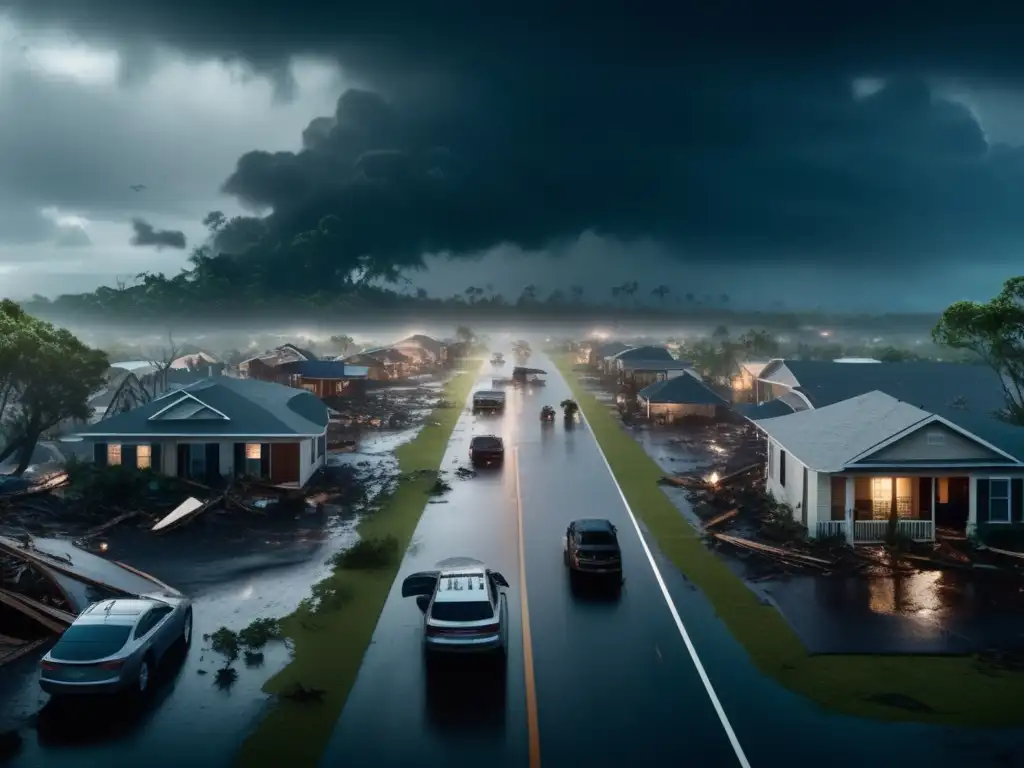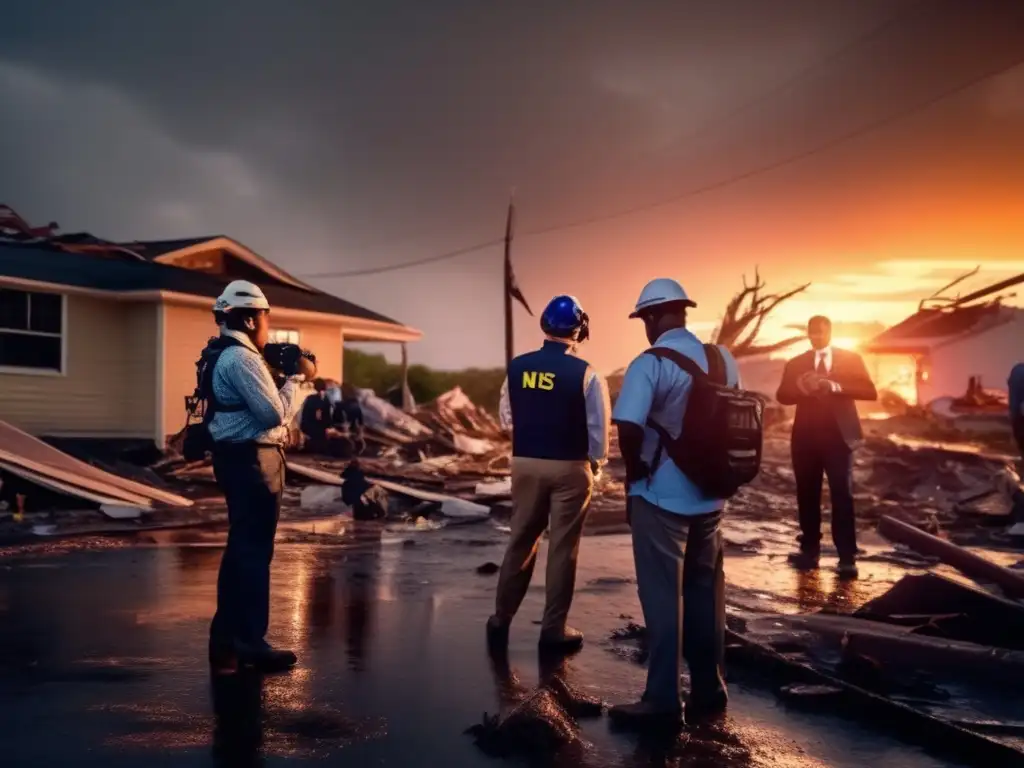Emotional Recovery: Counseling Options Post-Hurricane

Emotional Recovery: Counseling Options Post-Hurricane
Introduction
Living in a hurricane-prone area can be both stressful and traumatic, especially when it comes to dealing not only with the physical damage but also with the emotional aftermath that follows. The ups and downs of these natural disasters can take a toll on one's mental health, resulting in feelings of anxiety, depression, and post-traumatic stress disorder.
Fortunately, there are several counseling options available for individuals looking to receive support and guidance in their recovery process. In this article, we will explore some of the counseling options available for those living in hurricane-prone areas.
Counseling Options

Individual Therapy
Individual therapy, also known as psychotherapy or talk therapy, is a form of counseling aimed at helping individuals identify and work through emotional and behavioral issues that may be causing them distress. During individual therapy sessions, individuals can work one-on-one with a licensed therapist, discussing issues such as anxiety, depression, trauma, and grief related to their experience with hurricanes.
Individual therapy can be particularly helpful for those struggling with flashbacks or nightmares related to the hurricane experience. A trained therapist can help individuals work through these experiences and develop healthy coping mechanisms to manage their symptoms.
The frequency of individual therapy sessions can vary based on the severity of each person's emotional distress. Some people benefit from weekly therapy sessions, while others may only need therapy every other week or once a month.
Group Therapy
For those who find comfort in sharing their experiences with others who have been through similar situations, group therapy can be an effective option. Group therapy sessions typically consist of individuals who have experienced similar trauma coming together to discuss their shared experiences and work together to develop coping strategies and healthy ways of managing their emotions.
Group therapy can help individuals feel less isolated, as they receive validation and support from others who share similar experiences. It can also help individuals develop a sense of community with others who have survived hurricanes.
Online Therapy
Online therapy is another option for those seeking counseling after experiencing a hurricane. Online therapy, also known as teletherapy, involves attending therapy sessions through an online platform or app. This can be particularly helpful for individuals who may not have access to in-person counseling or are unable to leave their homes due to the impact of the hurricane.
Online therapy can be as effective as in-person therapy and offers the added convenience of being able to attend sessions from the comfort of one's own home. Additionally, it can be more affordable than traditional in-person therapy.
Community-Based Counseling
For individuals who do not have access to individual or group therapy, community-based counseling services may be available. These services can be provided by local mental health clinics, community centers, or non-profit organizations dedicated to helping individuals affected by hurricanes.
Community-based counseling services may involve group therapy sessions, workshops, or individual therapy sessions. These services are often offered at little to no cost to participants.
FAQs

-
How can I tell if I need counseling?
If you are struggling with feelings of anxiety, depression, or post-traumatic stress disorder related to your experience with hurricanes, counseling may be helpful. Common symptoms include difficulty sleeping, nightmares, feeling hopeless, and avoiding reminders of the hurricane.
-
What should I expect during a counseling session?
The format of counseling sessions can vary based on the type of therapy being received. Generally, individuals can expect to discuss their thoughts and feelings related to their hurricane experience with a licensed therapist in a safe and supportive environment.
-
Is counseling covered by insurance?
Many health insurance plans cover mental health services, including counseling. However, coverage may vary depending on the type of insurance plan you have. It's important to check with your insurance provider to determine coverage options.
-
How long will I need to receive counseling?
The duration of counseling varies depending on each individual's needs. Some people may benefit from only a few counseling sessions, while others may require ongoing therapy for an extended period.
-
Is there help available for those who cannot afford counseling?
There are community-based counseling services available that are often offered at little to no cost to participants. Additionally, some non-profit organizations offer counseling services for free or at a reduced cost.
Conclusion
Counseling is a valuable resource for those dealing with emotional distress related to hurricanes. Whether attending individual therapy, group therapy, online therapy, or community-based counseling services, each option offers the opportunity to work through the emotional aftermath of a hurricane in a safe and supportive environment.
If you or someone you know is struggling with post-hurricane emotional distress, it's essential to seek help sooner rather than later. By seeking counseling support, individuals can begin to process their emotions and develop healthy coping mechanisms to manage their symptoms.
We encourage readers to share their thoughts and experiences in the comments section below. Additionally, if you or someone you know is in need of support, we encourage you to reach out to one of the counseling options discussed in this article.
Additional Resources

- Disaster Distress Helpline
- Red Cross Emotional Support
- National Alliance on Mental Illness
- MentalHealth.gov Anxiety Disorders
 The Educational Impact: Schools And Learning After A Hurricane
The Educational Impact: Schools And Learning After A Hurricane Emergency Loans And Grants For Hurricane Damage Repairs
Emergency Loans And Grants For Hurricane Damage Repairs Staying Informed: Keeping Up With Post-Hurricane News
Staying Informed: Keeping Up With Post-Hurricane NewsIf you want to discover more articles similar to Emotional Recovery: Counseling Options Post-Hurricane, you can visit the Hurricane recovery: category.
Leave a Reply

Articulos relacionados: